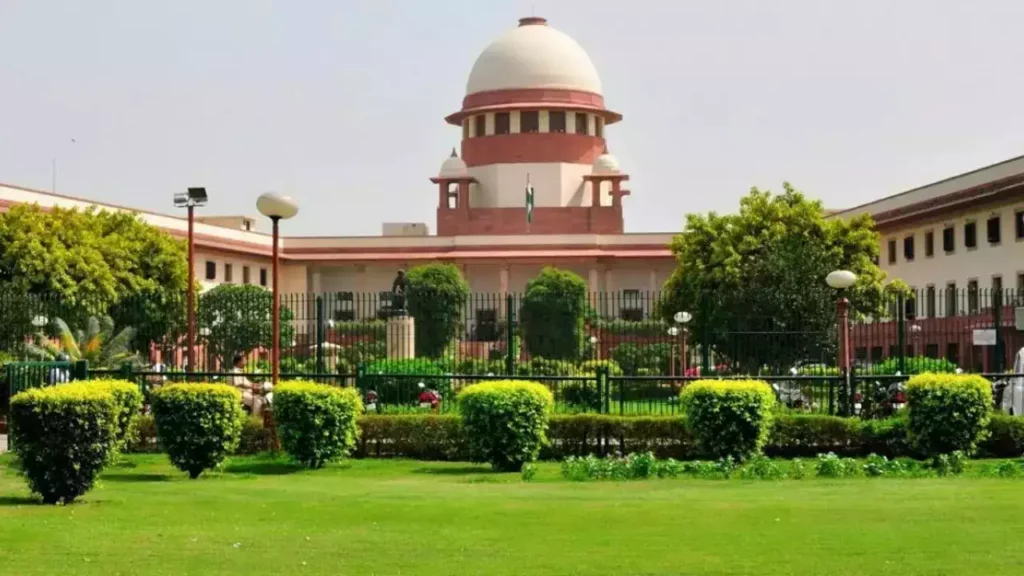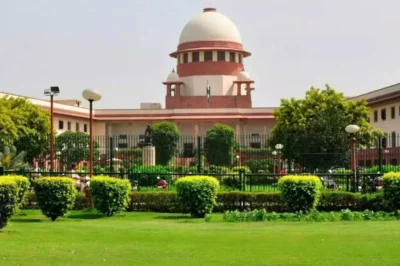
The Supreme Court of India is poised to deliberate on multiple pleas this Tuesday, which call for the suspension of the recently enforced 2024 Citizenship Amendment Rules. These rules are currently under scrutiny for their alignment with the 2019 Citizenship Amendment Act (CAA), a contentious piece of legislation aimed at modifying citizenship eligibility criteria. The request for a judicial stay highlights the urgency to halt the application of the rules until the Supreme Court resolves the ongoing disputes over the CAA’s constitutionality.
The push for an expedited review comes from the Indian Union Muslim League (IUML), represented by Senior Advocate Kapil Sibal. The concern raised pertains to the irreversible nature of citizenship granted to migrant Hindus, underlining the need for a timely judicial intervention. The bench, led by Chief Justice of India DY Chandrachud, alongside Justices JB Pardiwala and Manoj Misra, has recognized the weight of Sibal’s argumentation.
Further compounding the issue, the IUML, a Kerala-based political entity, has filed a petition against the immediate enforcement of the CAA regulations. The party’s plea articulates the discriminatory impact of the Act on the Muslim community, which remains excluded from the benefits extended to other groups. This stance is echoed by PK Kunhalikutty of the IUML, who questions the necessity and fairness of implementing a widely opposed law.
In parallel, the Kerala government, led by Chief Minister Pinarayi Vijayan, has taken a definitive stand against the CAA. Following the notification of the Act’s rules by the Union Home Ministry, Vijayan announced Kerala’s refusal to enforce the CAA, marking the state as the first to challenge the Act in the Supreme Court. This move signifies a broader resistance against the CAA’s mandate, which aims to offer citizenship to persecuted migrants from specific religious communities originating from Bangladesh, Pakistan, and Afghanistan, prior to December 31, 2014.
As the legal and political debates unfold, the Supreme Court’s forthcoming review will be critical in determining the future course of the CAA and its 2024 rules, amidst growing concerns over constitutional rights and the principle of non-discrimination.








































Leave a Reply